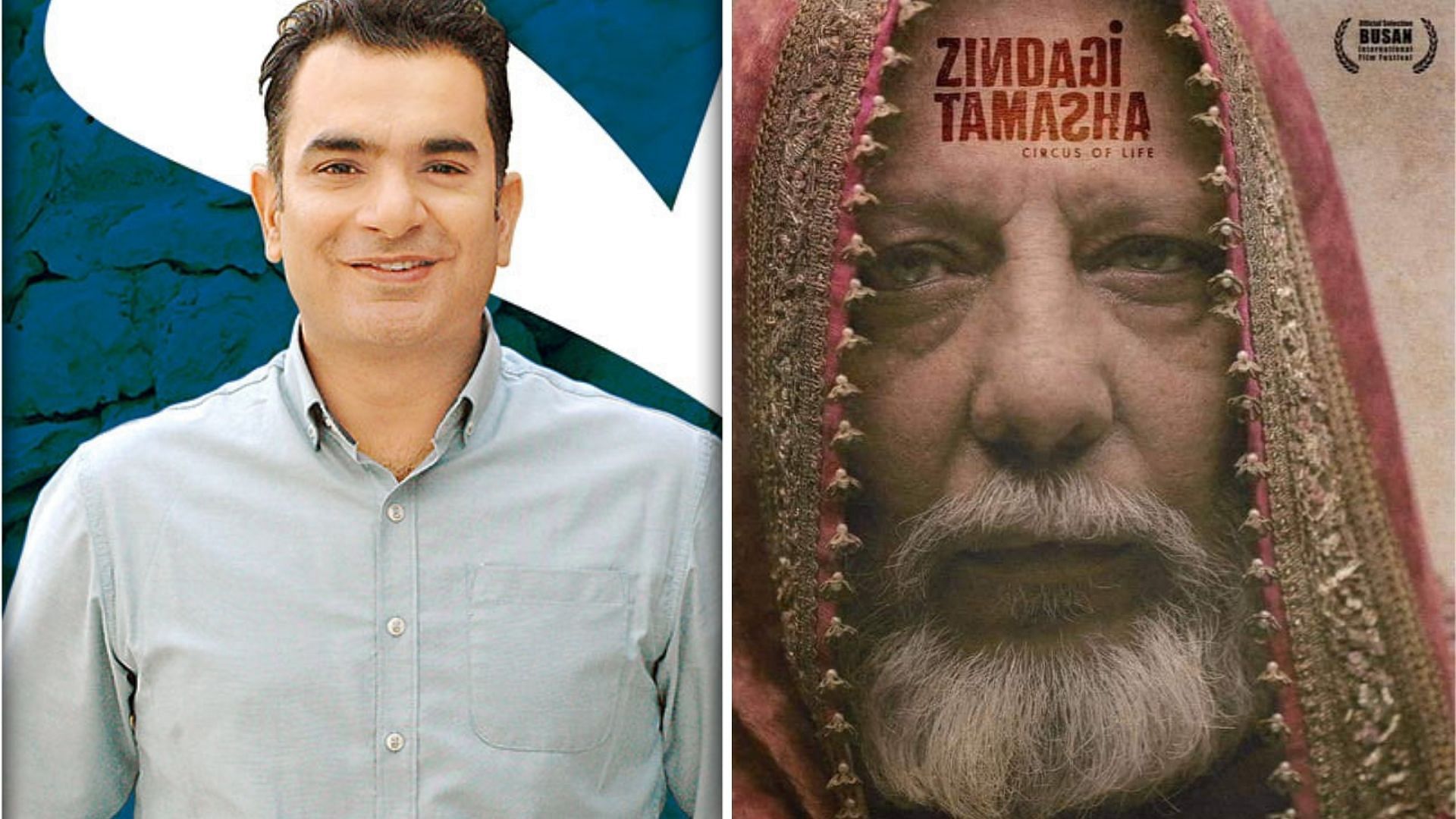Pakistani Filmmaker on Creating Art Without Self Doubt, Fear
Filmmaker Sarmad Sultan Khoosat writes about how art can fight intolerance.

Artistes much before me have historically impacted politics, corrected history, have had a catalytic impact on society and dealt with inevitable backlash and censorship. Art evokes strong emotions in India and Pakistan and this intensity of reaction goes on to prove that art is immensely powerful and feels threatening to certain people.
This is paradoxical because art is meant to be beautiful, personal, reflective and intuitive, but then an artiste is made to realise that her or his instinct to fight needs to be channelled as well.
I was born in Lahore in 1979 and schooled in the eighties during the infamous dictatorial regime of General Zia-ul-Haq. In the late 1990s, when I started working in the satellite television era, we suddenly realised that we could hold hands and hug on TV, but the inner filters remained in place. That is why, while playing Saadat Hasan Manto on film and in a TV series, I was careful to “interpret” him rather than present him as he was. Even while ideating Jhaanjhar Di Paanwan Chhankaar, which Zee Theatre is screening in India in a teleplay format, we were careful to present a tender story about people with different abilities and orientations in the framework of a comedy. The bones of the narrative, we took from Butterflies Are Free, a 1972 film based on the 1969 play by Leonard Gershe. I essentially ended up playing Goldie Hawn, we brought in heels, a twist from ‘Tootsie’ and a lot more that people enjoyed. And there was a standing ovation every single time we staged it despite the very obvious 'union' between two male friends in the end. So the humour perhaps served as a shield for the more pertinent issues in the play.
As for me, all my work, be it this play or my film Zindagi Tamasha or Akhri Station which was gritty and dark, or my forthcoming project Kamli, the intention has always been to tell a story with a clear conscience. It has never been about creating shock value for its own sake. Ten years ago, I was loved as the boy who had made Humsafar and who sold Pepsi and was the face of state channels on August 14 and during Ramzan transmissions.
The threats were real and even if they were not, the fear was. Let me share a personal anecdote to describe what it has been like. A friend dealing with an almost terminal illness was told repeatedly, "you are so brave..we are so proud of you." Till they turned around to say, “But why am I supposed to be brave? I am done being brave. Why must this burden to be brave be put on humans?" I also wonder why don't we live in a world that doesn't require us to be brave?
This idea that bravery is a supreme virtue almost glorifies the fight we have to put up just to survive. I would rather be naive and create art without having to be brave . I also feel, in Manto’s time, the enemies were clear and obvious. Now we have devolved to a point where we live in a shadowy world without knowing where the threat is coming from. The enemy is a phantom. Additionally, the commercialisation and commodification of popular art makes many of its exponents irresponsible towards what they are putting out. We are now also in the age of information warfare and conspiracy theories that propagate propaganda and intolerance.
At one point, I just wanted to end the conflict and put things straight by releasing Zindagi Tamasha on YouTube. My father in his own inimitable way comforted me by saying, "when people die, you must bury them and move on. This is just a film. We will consider it dead and move on." His point was - you can't hold on to negativity because it does disservice to the beautiful human capacity to create. Art cannot be created with negativity. Good art certainly cannot.
So while working in Before The Sun Comes Up, a 24-hour live performance themed around capital punishment, I put myself through the five cathartic stages of grief, let it pass through my body and mind and released it. On a positive note, I am glad that teleplays like Gidh, which is directed by my sister Kanwal and Jhaanjhar Di Paanwan Chhankaar which I co-directed with her will now be seen globally. For a theatre lover like me, this is a very good way forward to connect with a larger audience. Beyond all the noisy din and debate, the human instinct recognises good art and the intent behind it.
And we need to go on creating art without self doubt and fear.
(Sarmad Sultan Khoosat is an award-winning Pakistani director, actor, producer and screenwriter. He is best known for his feature films 'Manto' and 'Zindagi Tamasha', which is Pakistan’s submission to the 93rd Oscars. Sarmad has also directed and produced teleplays like 'Jhanjhar Di Panwan Chankar' and 'Gidh. This is an opinion piece. The views expressed are the author’s own. The Quint neither endorses nor is responsible for them.)
(At The Quint, we are answerable only to our audience. Play an active role in shaping our journalism by becoming a member. Because the truth is worth it.)